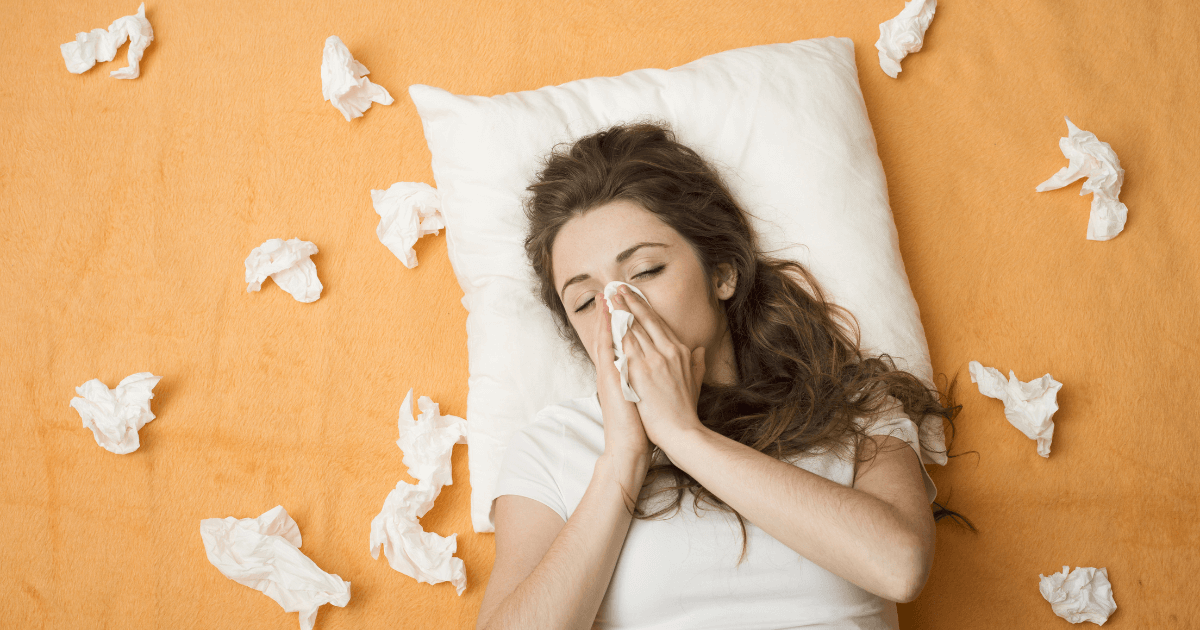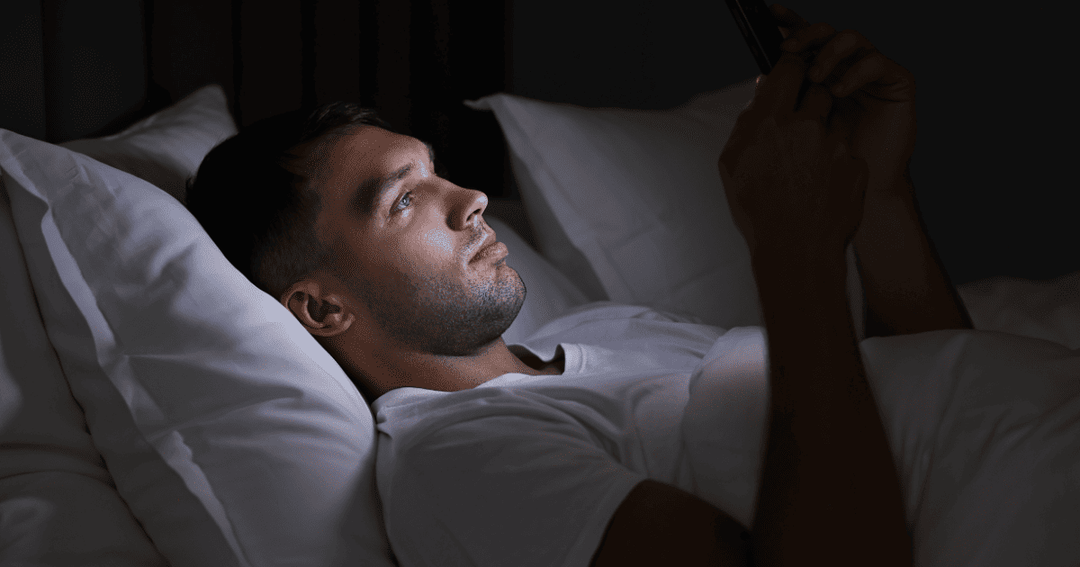The Connection Between Inflammation and Sleep Loss

Numerous studies have shown that there is an association between “acute sleep loss” and inflammation. According to one study published by the National Institutes of Health (NIH), inflammation elevations were found in otherwise healthy adults who underwent experimental bouts of sleep deprivation. The amount of sleep varied between 25 – 50 percent of a “normal” 8-hour sleep cycle. The exact number of hours a person needs to sleep nightly varies slightly, but it is typically 8 – 9 hours for most adults.
Sleep and inflammation are a bit of a chicken or the egg scenario. According to this research, it’s the sleep (or lack thereof) that is largely responding to inflammation rather than insomnia causing the inflammation. Still, according to the research team, sleep “clearly responds to challenges to the host and is affected by the activation of our bodily defense mechanisms.” Sleep is essential to inflammatory homeostatic functions because our body is a machine that is intricately interwoven. However, the researchers wanted to focus on how sleep loss affects the activation of the inflammatory system. Ultimately, it was shown that even brief (acute) sleep loss activated inflammatory responses.
What Causes Inflammation?
When the immune system is activated, it released inflammatory cells. The cells are charged with healing tissue and/or attacking bacteria. However, when this occurs without injury or illness, chronic inflammation sets in—inflammation is a symptom of various chronic diseases, such as Alzheimer’s. It is not a disease in and of itself.
Also: Not Getting Enough Deep Sleep? Study Links 27% Higher Risk of Dementia to Poor Sleep
Inflammatory cells and cytokines are responsible for trapping bacteria and kick-starting the healing process. The result can be bruising, redness, pain, and/or swelling. This is the visible side effect of the immune system response, but there are also many responses that you can’t see—but you may feel them, such as trouble sleeping. There are two types of inflammation: acute (like when you cut your finger and it swells up) and chronic. When inflammation is an issue, sleep problems are typically caused by chronic inflammation.
Acute inflammation is easy to recognize. The skin may be flushed, there might be pain or swelling, and warmth is often present. Chronic inflammation is more difficult to spot. It can include fatigue, abdominal or chest pain, joint stiffness, fever, rashes, and mouth sores. Common diseases that cause chronic inflammation include heart disease, type-2 diabetes, asthma, cancer, Alzheimer’s disease, and rheumatoid arthritis. Some of these, such as diabetes and heart disease, are also co-morbidities of sleep disorders.
Also: Want a Healthier Heart? The AHA Says Add Sleep to Your Daily Habits
Other Causes of Chronic Inflammation
Diseases and disorders in which the body attacks healthy tissue, like lupus, can cause chronic inflammation. If there is untreated acute inflammation, which can happen due to an untreated injury, it can become chronic. In some cases, exposure to toxins (including pollution) can be the cause. Certain lifestyle choices can also trigger inflammation, such as too much alcohol, a high BMI, exercising too much or not enough, smoking, and chronic stress can all lead to chronic inflammation. Avoiding causes and triggers whenever possible is important, and you can also adopt an anti-inflammatory diet.
Avoid fried foods, cured meats, refined oils and trans fats, as well as simple carbs. Instead, reach for oily fish, leafy greens, tomatoes, and olive oil (unless you have health conditions that prevent you from eating these foods). You can also supplement an anti-inflammatory diet with Sip2Sleep®, which boasts tart cherry juice extract. This extract is renowned for its anti-inflammatory properties and may help you reduce inflammation to help you get the sleep you need.
A Healthier Sleep
Managing stress also aligns with some of the best practices for sleep hygiene. Journaling or meditating before bed, achieving a healthy amount of physical exercise (ideally outdoors), and eliminating smoking and alcohol are also part of quality sleep hygiene. Adding Sip2Sleep® and avoiding sleep medications might also help you work towards more natural, longer-lasting sleep.
Also: Can't Sleep? Discover Why Sip2Sleep® Works Better Than Melatonin
One of the biggest struggles these days is stress reduction. Since stress is a major catalyst for chronic inflammation, getting it under control is essential. Achieving better sleep requires a holistic approach and typically several tools.
Stress reduction is achieved by many people via yoga, breathing practices, relaxing in a warm bath, and reading (rather than screen time). However, adding Sip2Sleep® is perhaps the easiest addition to your routine that may show improvement in sleep.







